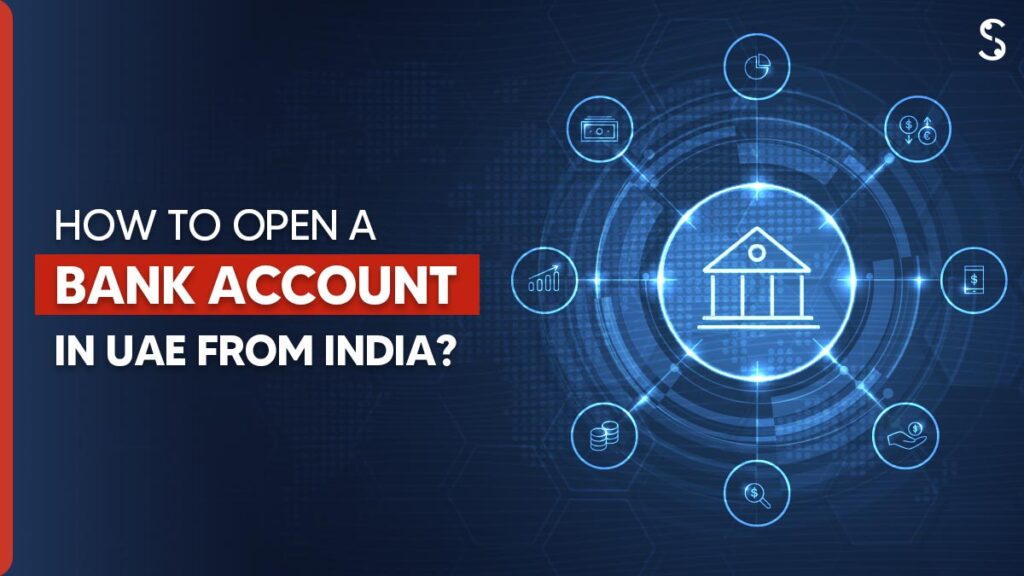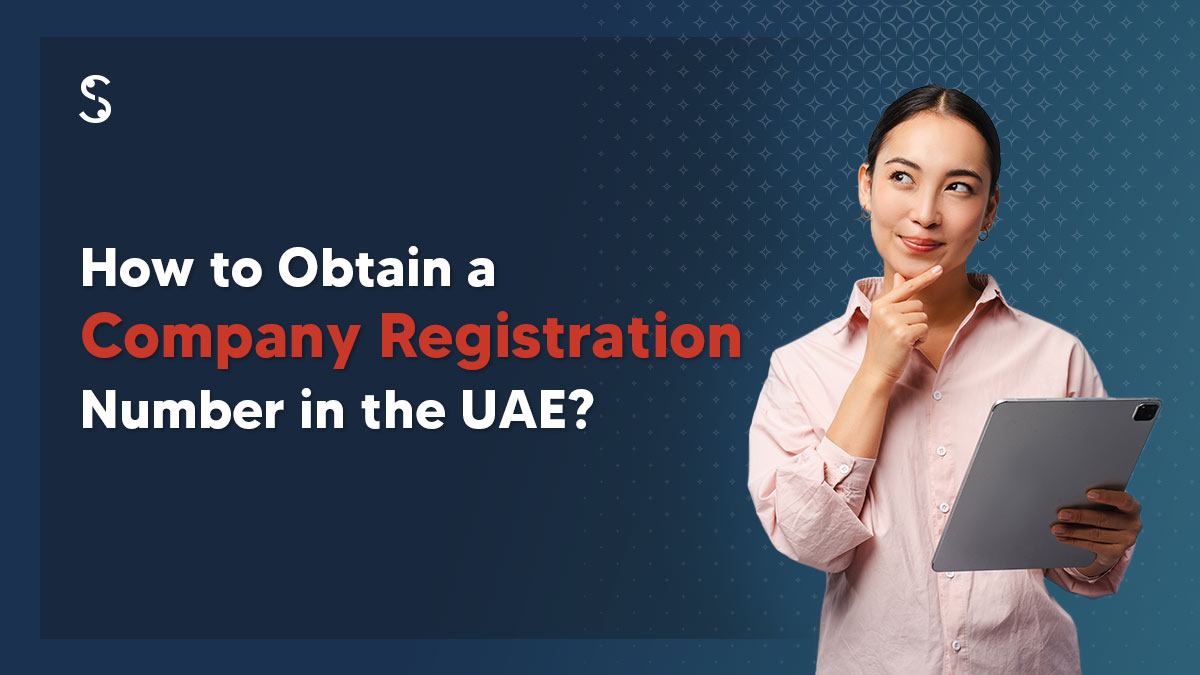Opening a bank account in Dubai from India can offer numerous advantages for Indian business owners and investors looking to expand their operations internationally. From easy access to international markets to tax benefits and financial stability, having a business account in Dubai can help streamline operations and improve overall business efficiency.
So, if you’re an Indian entrepreneur looking for business expansion in Dubai, know that securing a business bank account in Dubai is a crucial first step. Therefore, we are here to explain everything you need to know for opening a bank account in Dubai as an Indian business owner. So, let’s start with why you need to open a corporate bank account in Dubai as a business owner.
Benefits of Opening a Bank Account in Dubai
Open a bank account in Dubai from India can be an advantageous move for business owners for several reasons:
1. Ease of Doing Business
Having a local Dubai account simplifies business transactions within the UAE and the wider Middle East region. This can save you time and money compared to relying on international transfers.
2. Tax Advantages
Dubai offers a tax-friendly environment, with zero personal income tax and very limited corporate tax. This can be a significant advantage for your business.
3. Reputational Benefits
A Dubai bank account can enhance your business's reputation and credibility, particularly when dealing with international clients. It portrays your company as a global player and serious about expanding in the region.
4. Competitive Currency Exchange Rates
Dubai is a global hub for finance, and some banks may offer competitive currency exchange rates when converting between Indian Rupees and other currencies.
5. Investment Options
Many Dubai banks offer investment accounts alongside business accounts. This allows you to potentially grow your business capital while it sits in your Dubai account.
6. Flexibility and Security
Dubai's banking system is known for its stability and security. Indian entrepreneurs may find it appealing to diversify their finances and have access to a secure banking system with a strong international reputation.
7. Lifestyle Considerations
If you plan on spending a significant amount of time in Dubai for business purposes, having a local account simplifies everyday transactions and allows you to easily access your funds while you're there.
Prominent Banks in Dubai
Here's a list of some prominent banks in Dubai:- Emirates NBD
- HSBC Dubai
- Standard Chartered Dubai
- Mashreq Bank
- Dubai Islamic Bank
- Abu Dhabi Commercial Bank (ADCB)
These are just a few of the many banks that offer corporate banking services in Dubai. When choosing a bank, it is important to consider your specific needs and requirements.
Documents Required to Open a Bank Account in UAE from India
The specific requirements can vary slightly depending on the bank you choose, but here's a general list of documents commonly requested to open a bank account in Dubai, UAE:
- A copy of a valid Trade License
- Company's Certificate of Registration
- A copy of the Memorandum of Association (MOA) and Articles of Association (AOA)
- Passport copies of all shareholders and directors (with visa pages if applicable)
- Emirates ID copies of all shareholders and directors (if applicable)
- A copy of the company's lease agreement or tenancy contract
- Utility bills (water, electricity) for business address
- Additional Documents (bank-specific)
How to Open a Bank Account in Dubai from India in 2025
To open a bank account in Dubai from India as an investor, you'll need to provide identification and proof of residency. The process involves several steps, including selecting a bank, submitting required documents, and meeting legal requirements to ensure a smooth account setup.1. Research & Choose a Bank
Start by researching Dubai banks and their offerings for business accounts. Consider factors like minimum balance requirements, account features, online banking options, and fees.
2. Gather Documents
Ensure you have all the necessary documentation for your company, shareholders, signatories, and proof of address (both for your company in Dubai and potentially your business in India if requested).
3. Visit Dubai or Use Remote Account Opening Services
Depending on the bank's policies, you need to visit Dubai in person to open the account. Visiting Dubai to open a corporate ban account might be a mandatory step.
4. Submit Application Form
Complete the bank's account opening application form. Provide accurate information about your business and its owners.
5. Verification and Due Diligence
The bank will conduct due diligence checks on the company and its owners to comply with anti-money laundering (AML) and know-your-customer (KYC) regulations. This may involve verifying documents, conducting background checks, and confirming the source of funds.
6. Account Activation
Once approved, the bank will notify you and provide instructions for activating your account. This may involve transferring an initial deposit to meet minimum balance requirements.
Opening a Bank Account in Dubai Free Zone
Dubai offers Free Zones, which are designated areas with specific economic regulations. Some Free Zones allow companies to operate with limited local presence and may not require a full Trade License.
These Free Zones often have their own banking authorities and may offer specific options for opening corporate accounts. However, consult the specific Free Zone regulations to confirm their requirements.
It's always advisable to consult with a business setup consultant in Dubai such as Shuraa to understand the best option for your specific needs and ensure compliance with regulations. Our experts can guide you through the process of company registration and choosing the most suitable bank account for your business.
Types of Bank Accounts Available in Dubai
There are several types of bank accounts available in Dubai, catering to both residents and non-residents. Here's a breakdown of the most common ones:
1. Current Accounts
Ideal for everyday business transactions and frequent withdrawals. They typically come with debit cards and cheque books to allow for easy access to funds. Some banks may require minimum balance requirements.
2. Savings Accounts
Designed for saving money and may offer interest on your balance. They are suitable for parking your emergency fund or saving for future goals. However, they may have restrictions on withdrawals compared to current accounts.
3. Business Accounts
Tailored to meet the specific needs of businesses. They often come with features like multiple signatories for better control, online banking for businesses with advanced features, and international trade services to facilitate overseas transactions. Minimum balance requirements tend to be higher compared to current accounts.
4. Investment Accounts
Allows you to invest your funds in various financial instruments like stocks, bonds, and mutual funds. These accounts may require a higher minimum balance and may come with additional fees. They are suited for individuals or businesses with a focus on growing their capital.
5. Offshore Accounts
Offered by some banks in Dubai, these accounts are designed for international clients and may offer benefits like tax advantages and confidentiality. However, eligibility requirements and regulations can be stricter for offshore accounts.
Anti-Money Laundering (AML) Regulations in Dubai
Dubai has strict Anti-Money Laundering (AML) regulations in place. These regulations are designed to prevent criminals from using the financial system to launder money obtained through illegal activities.
The main AML legislation in Dubai is Federal Decree-Law No. (20) of 2018 on Anti-Money Laundering and Combating the Financing of Terrorism and Illegal Organizations (as amended by Federal Decree Law No. (26) of 2021). This law is supported by implementing regulations issued by the Cabinet.
The AML regulations apply to a wide range of entities, including:- Banks and other financial institutions
- Designated Non-Financial Businesses and Professions (DNFBPs) such as real estate agents, accountants, and lawyers.
- Virtual Asset Service Providers (VASPs) dealing with cryptocurrencies.
One of the key pillars of AML compliance is Customer Due Diligence (CDD). This involves banks and other regulated entities verifying the identity and source of funds of their customers.
Regulated entities are obligated to report any suspicious activity to the Financial Intelligence Unit (FIU) which is the central body responsible for investigating money laundering and terrorist financing. Failure to comply with AML regulations can result in significant fines and even criminal prosecution.
Empower Your Business in Dubai - Contact Shuraa India Today
Dubai company formation with a bank account opening can be a great way to streamline financial transactions and manage funds efficiently. It also simplifies business transactions, enhances your reputation, and provides access to a secure and well-established financial system.
For a smooth and hassle-free business setup process in Dubai, it is highly recommended to seek consultation from experts like Shuraa India. Our team of experts can provide invaluable guidance throughout your entire business setup journey in Dubai, from mainland company formation to free zone registration. We'll also simplify the process of opening a corporate bank account tailored to your specific needs.
So don't hesitate to take the next step towards your business goals and explore the opportunities that Dubai has to offer.








